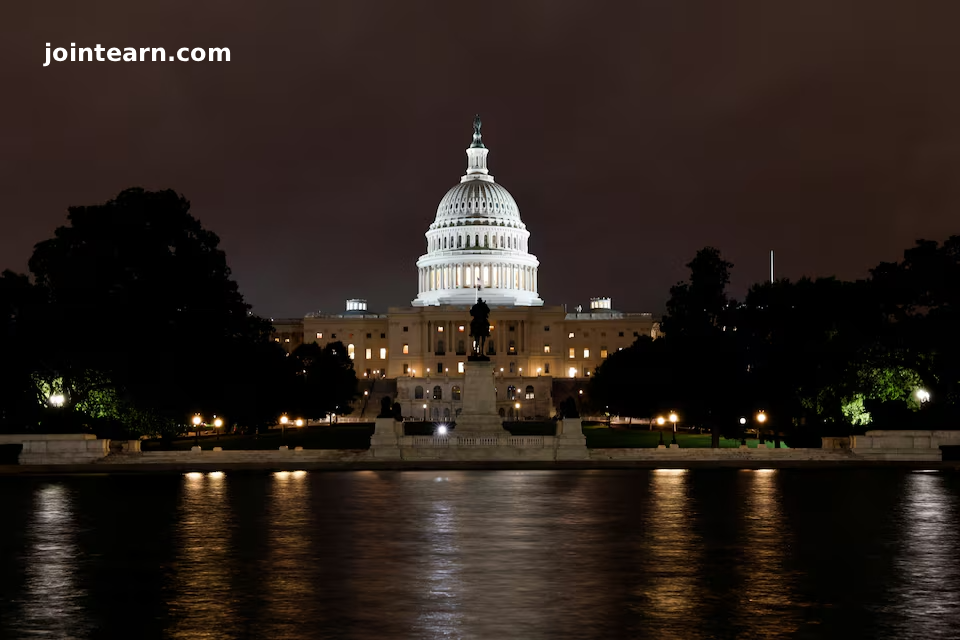
Washington, October 29, 2025 – Nearly 42 million Americans face the loss of food aid as the United States enters its second-longest government shutdown, with Democrats and Republicans deadlocked over federal funding. The Supplemental Nutrition Assistance Program (SNAP), commonly known as food stamps, is set to lapse this Saturday, putting millions at risk of going hungry.
SNAP Funding Dispute Intensifies
The U.S. Department of Agriculture (USDA) recently chose not to draw on an emergency contingency fund to cover November’s SNAP payments, sparking debate in Congress. Democrats argue the agency is legally required to use roughly $5.5 billion in contingency funds to maintain at least partial benefits.
Senator Jeanne Shaheen, a leading Democrat on food aid funding, criticized the administration, saying, “The Trump administration is weaponizing hunger as a political bargaining chip.” Meanwhile, Republicans place the blame on Senate Democrats for rejecting multiple continuing resolutions (CRs) aimed at reopening government funding.
Legislative Gridlock and Bipartisan Tensions
Republican Senator John Hoeven of North Dakota called for a “clean CR” to restore government operations, including SNAP benefits. Despite attempts by Republican Senator Josh Hawley to introduce a standalone bill to fund SNAP in November, disagreements over broader appropriations and policy priorities have stalled progress.
The shutdown follows broader debates over U.S. farm spending and policy changes in the July tax and spending bill, which expanded work requirements for SNAP recipients and raised costs for states. These changes, combined with funding uncertainties, have strained the program’s ability to serve those in need.
Legal Controversy Over USDA’s Contingency Funds
During previous shutdowns, the USDA has routinely drawn on contingency funds to continue SNAP benefits. In contrast, the current administration argues that these funds are intended for unplanned expenses, such as natural disasters. Agriculture Secretary Brooke Rollins acknowledged the debate on CNN, noting that a simple continuing resolution could resolve the funding gap.
The USDA’s legal stance has prompted lawsuits from attorneys general and governors of 25 Democratic-led states, demanding the continuation of SNAP benefits. Georgetown University law professor David Super described the situation as a misuse of congressional appropriations, saying the administration has both withheld and spent funds without proper authorization.
Implications for Americans
SNAP benefits are critical to families across the country, particularly in states with the highest participation rates such as Oregon, New Mexico, and Louisiana. The shutdown threatens to disrupt food security for millions, highlighting the real-world consequences of political deadlock.
The stalemate underscores the ongoing tension in Congress over social safety nets, federal spending priorities, and the balance of power between legislative directives and executive interpretation of the law.


Leave a Reply